Wednesday, January 29th, 2020...3:36 am
Hey Grad Students, Let’s Talk
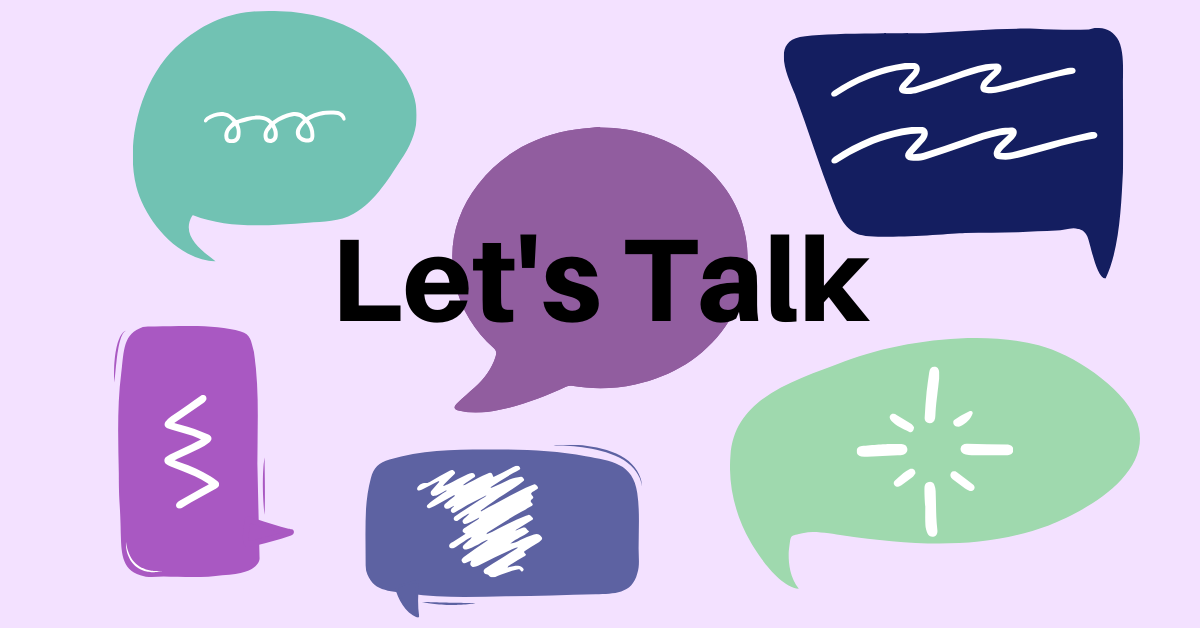
Hey Everyone! Welcome back to the Gradlife blog.
This week I wanted to focus on something we all have. Mental health. I felt it was an appropriate topic for this week, since today is Bell Let’s Talk day. Today, Bell will donate money to mental health initiatives in Canada by contributing 5¢ for every applicable text, call, tweet, social media video view and use of their Facebook frame or Snapchat filter. A great way to raise awareness and channel money into important resources.
My degree in graduate school is in counselling and psychotherapy and so I tend to talk about mental health on a regular basis. The placement that I am in is at a student counselling centre and I have the chance to hold space for the struggles students face on top of the stresses that come with being in school.
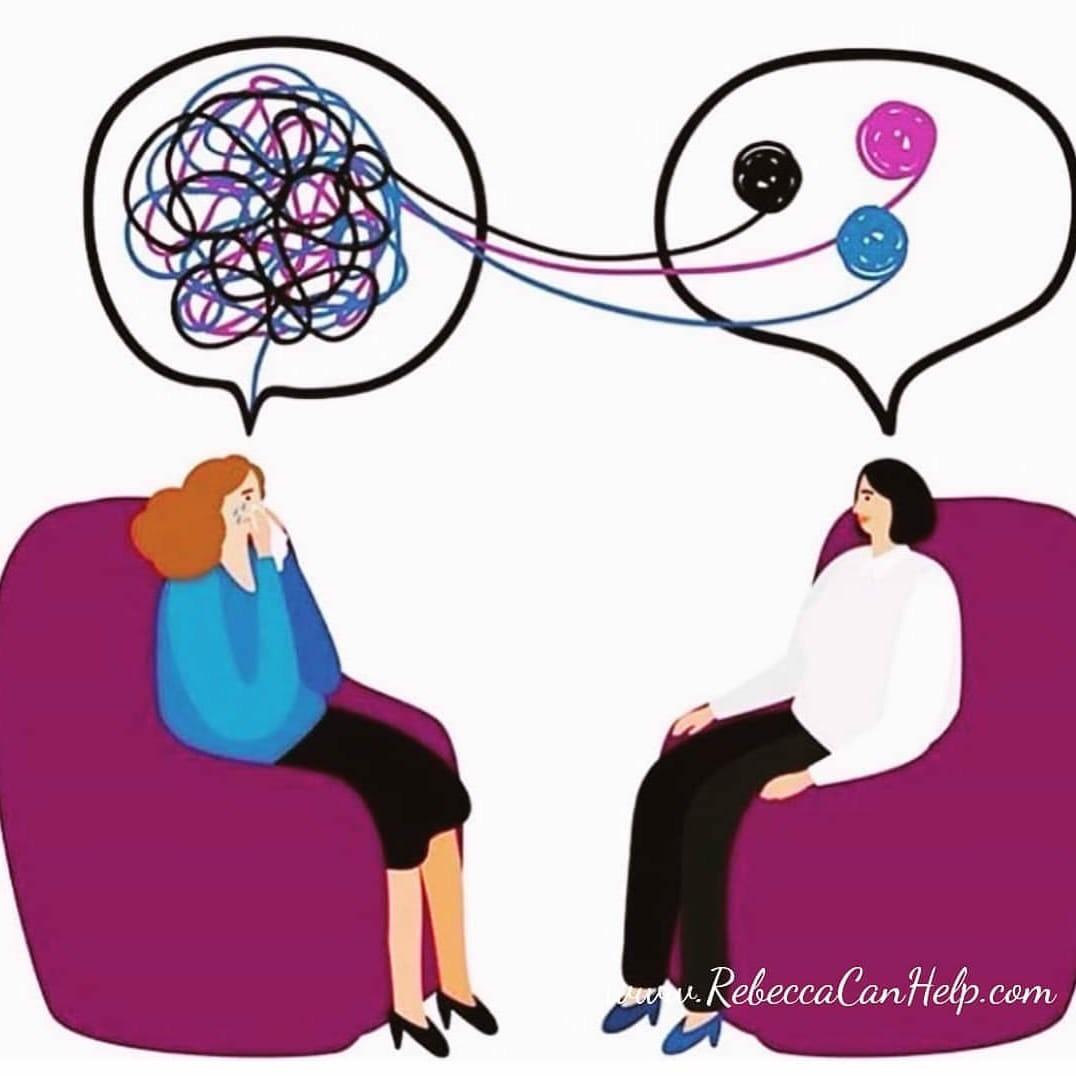
Photo from: www.RebeccaCanHelp.com
Before entering into graduate work, I started to feel a lot of anxiety . I was trying to make sure I had enough experience and things to put on my CV that I ended up ignoring the signs that I was burning out and kept putting things on my plate. I started to find it harder to get out of bed, but I kept pushing. Then I would start crying when a car honked beside me as I walked down the street, but I kept pushing. I continued to ignore the signs that my mental health was not in a good place because I felt like I didn’t have the time, and that the other things on my “to do” list were more important.
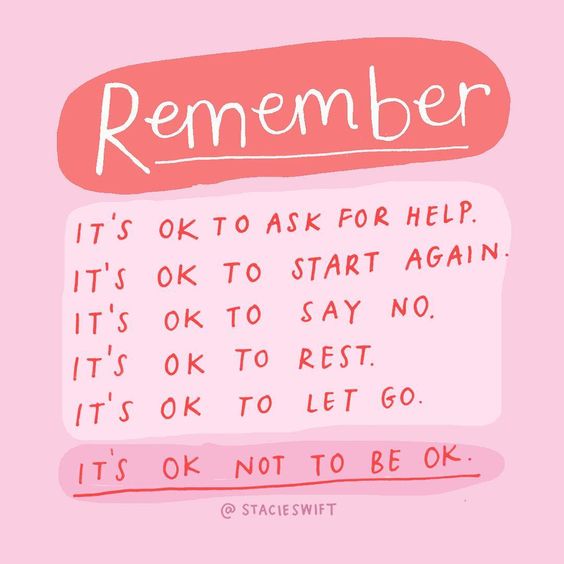
Eventually I couldn’t really function. I wasn’t able to even get out of bed to do all of the things that I had put on myself in the first place because even getting up to brush my teeth filled me with dread.
I felt like a huge failure.
I had really high expectations for what I “should” be able to do and handle. In the end my mind and body burned out completely. I felt totally out of control of my emotions and felt depressed, angry and frustrated. What ended up turning things around, was finally reaching out to one person to say: “I am struggling”. From there, things slowly started to look up.
Looking back, I learned the hard way that ignoring the signs that I was pushing myself was not worth the unrealistic expectations I was trying to meet, and that caring for myself was a good investment to my overall health.
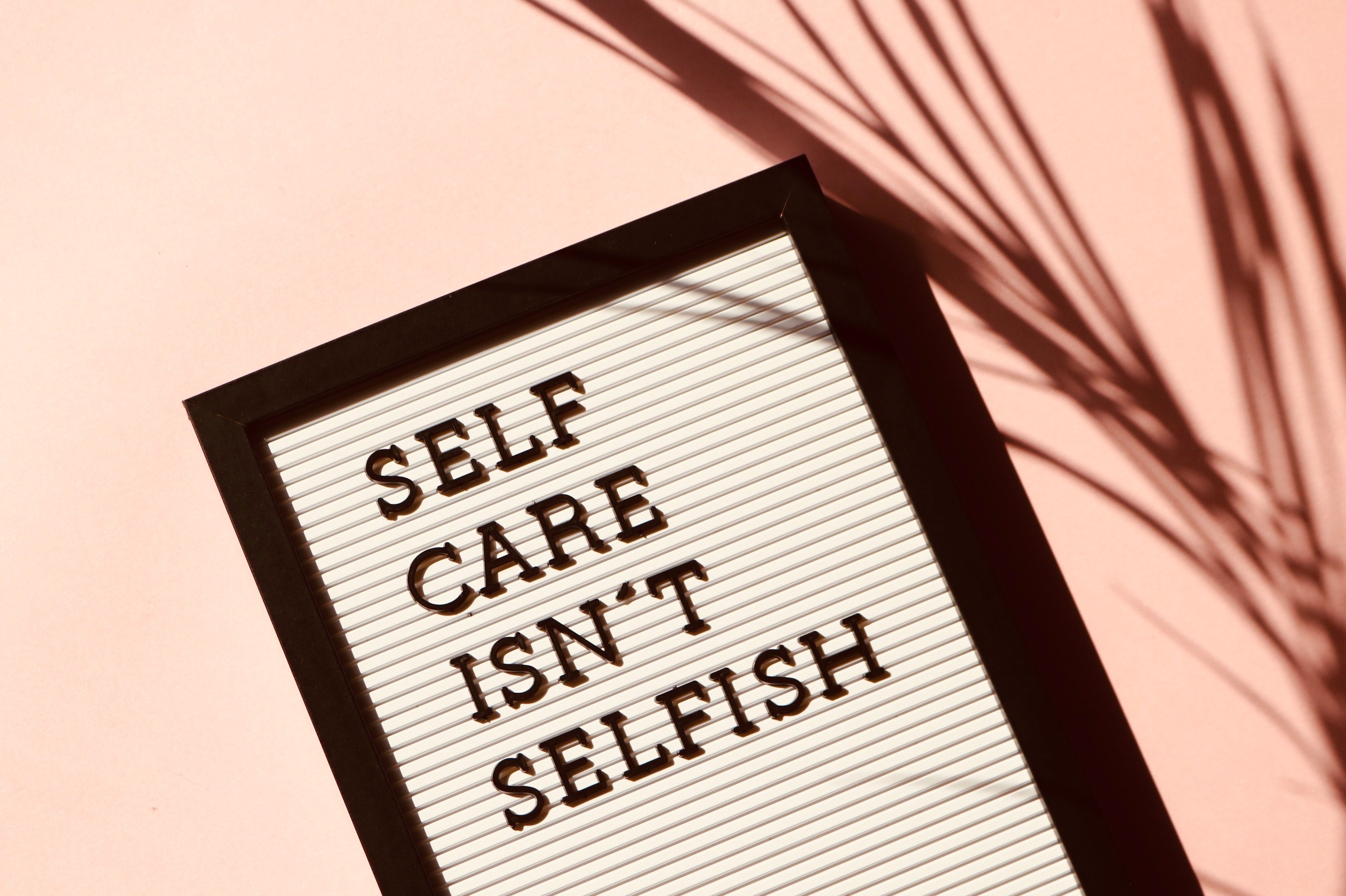
When I first started to pursue graduate school, I thought that in order to support others, I had to be the picture of perfect mental health. I was scared that if I showed signs of struggling, people would question my ability to be a good counsellor. I sometimes still struggle with the pressure of expectations, but I am more confident now that my strength came from reaching out for help, not in trying to keep pushing myself when I didn’t have anything left.
As students, it is easy to keep piling things on to our to do lists. It might feel like we are encouraged to do the most, and that if we aren’t super busy and super stressed, then we aren’t working hard enough. But as I have learned, if you push yourself to this point, it is highly likely to backfire and do more harm than good.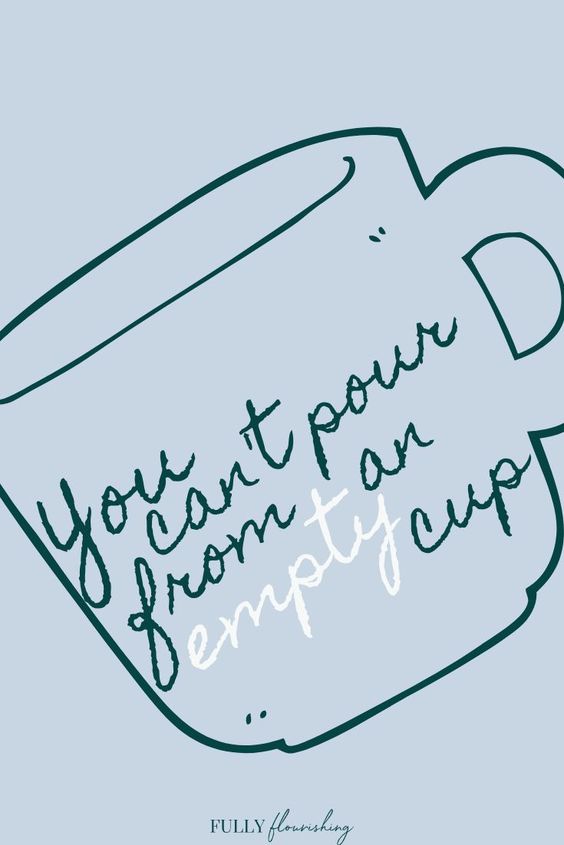
So how do we go forward with mental health discussions? I think we do just that, we have discussions. I am not always okay, but there is strength in realizing that not everyone always is either. It is about acknowledging that we are more than just students, dealing with more than that paper or that thesis, and therefore are more than just a grade or a properly completed assignment. We are all worth being cared for, by ourselves and by those who love us. I hope that if you are struggling that you know that your experience matters and that there is strength in seeking support.
Lets keep Talking,
Alex
Campus resources
Campus Police
Community Safety Office
Graduate Counselling Services
Health & Wellness
U of T Safety
Community resources
Good2Talk Helpline: 1-866-925-5454
My Student Support Program (My SSP): 1-844-451-9700. Outside of North America, call 001-416-380-6578.
Assaulted Women’s Helpline: 416-863-0511
Gerstein Crisis Centre: 416-929-5200
Toronto Distress Centre: 416-408-4357
Drug and Alcohol Helpline: 1-800-565-8603
Mental Health Helpline: 1-866-531-2600
Ontario Problem Gambling Helpline: 1-888-230-3505

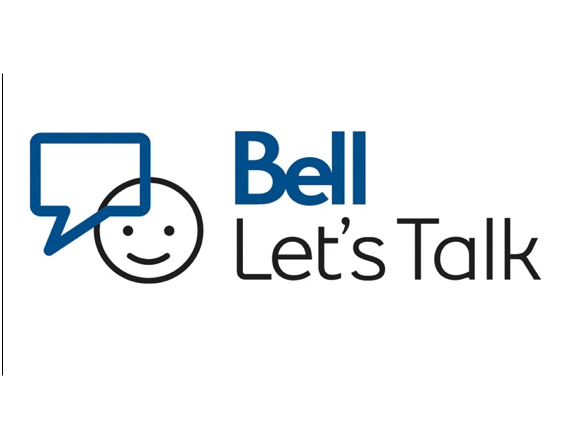
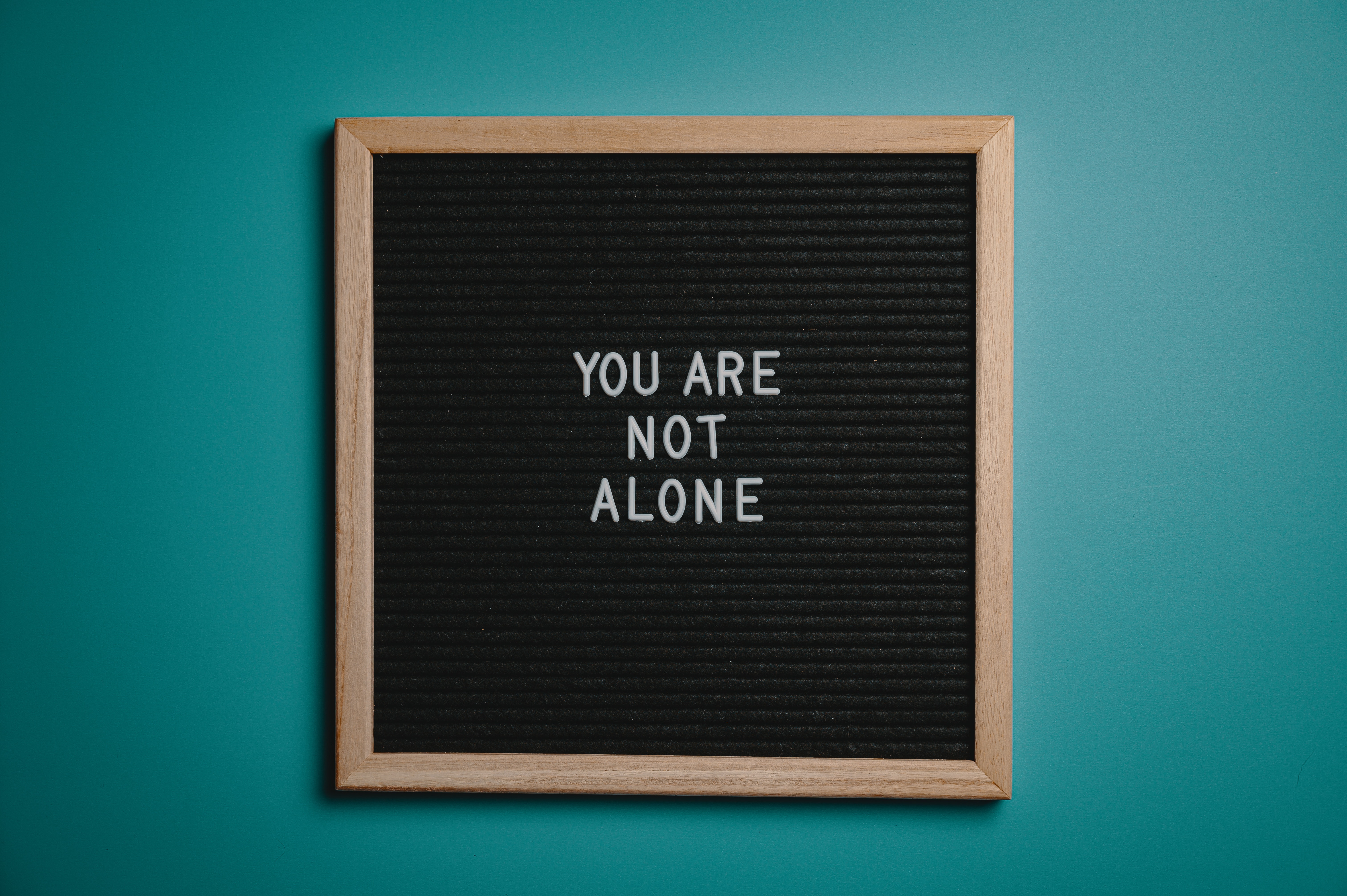
Leave a Reply